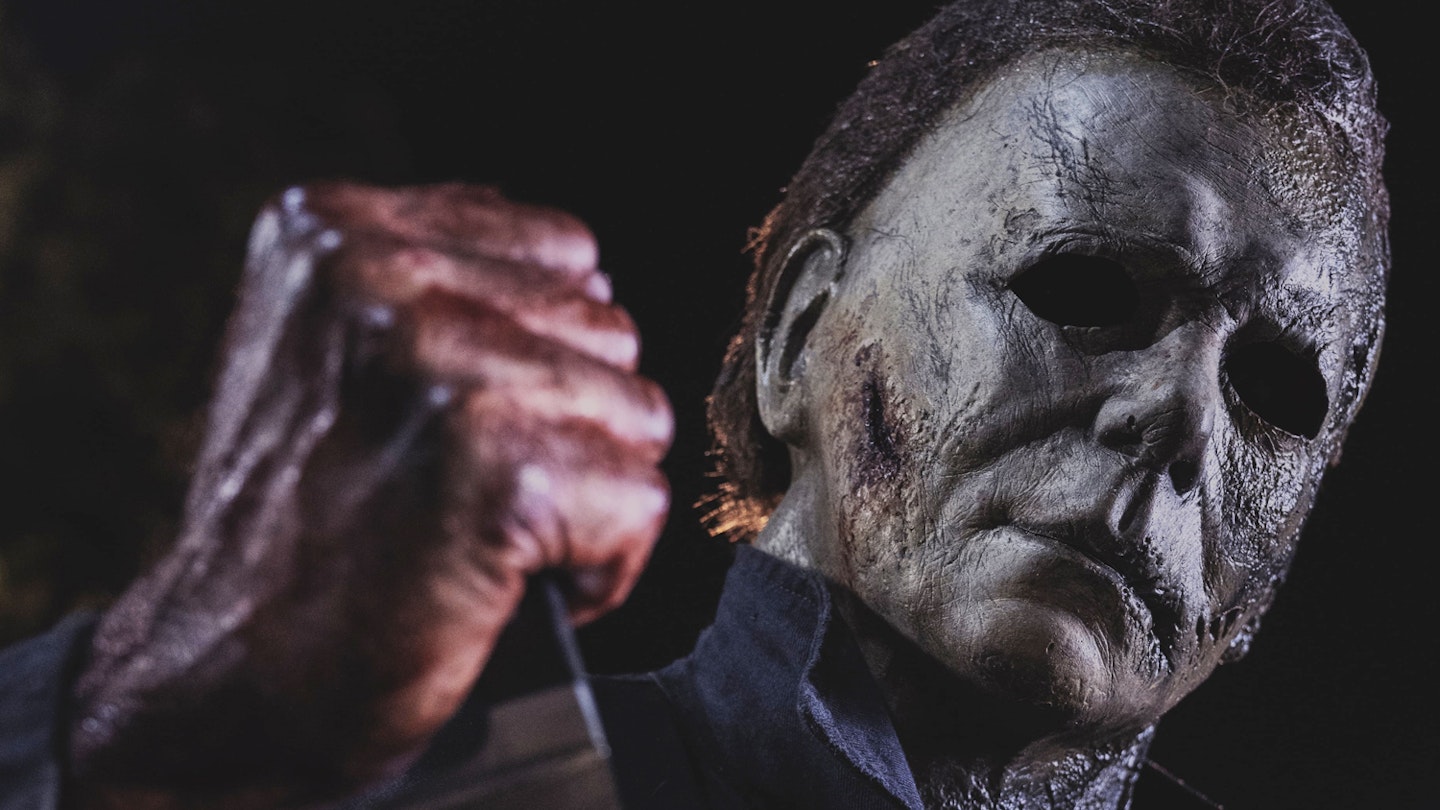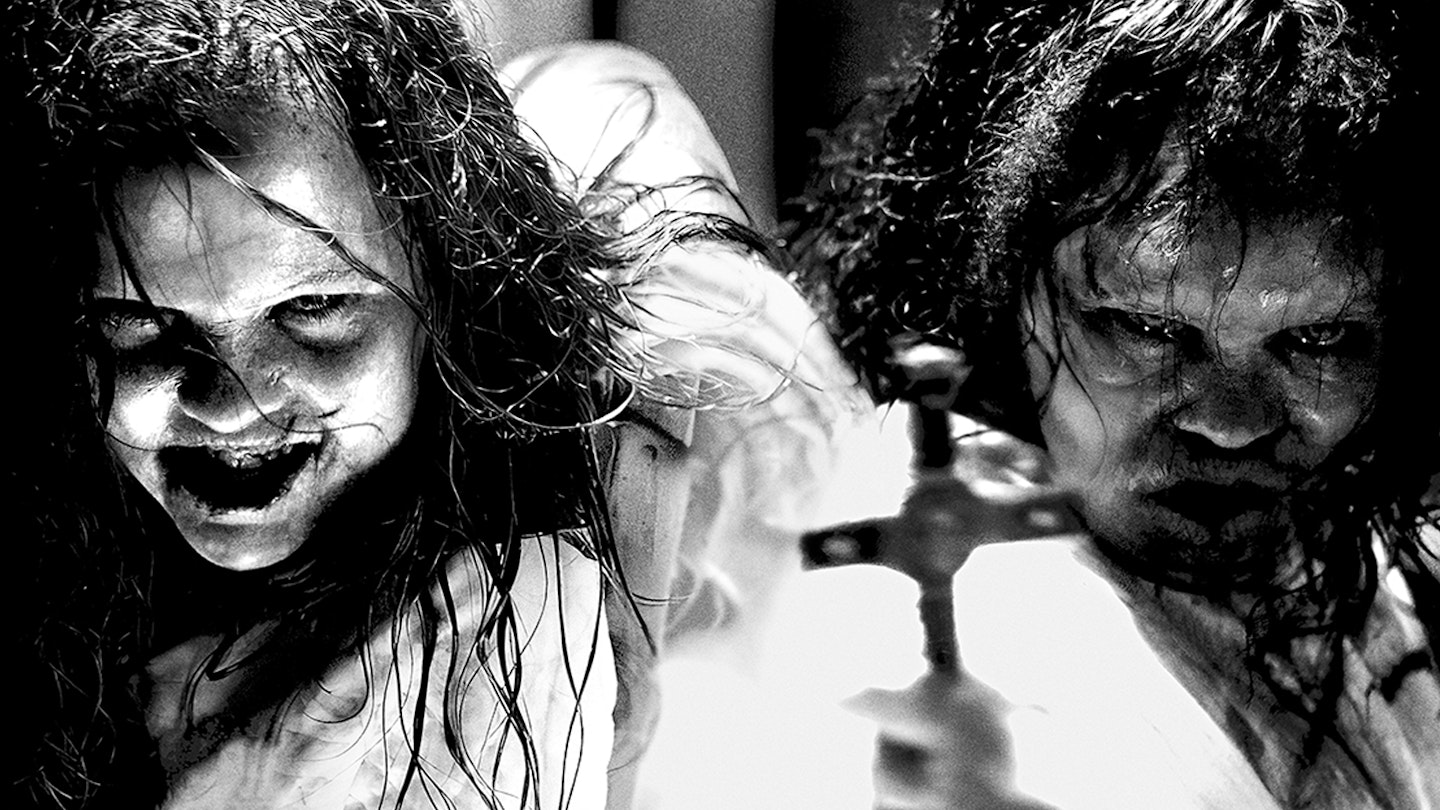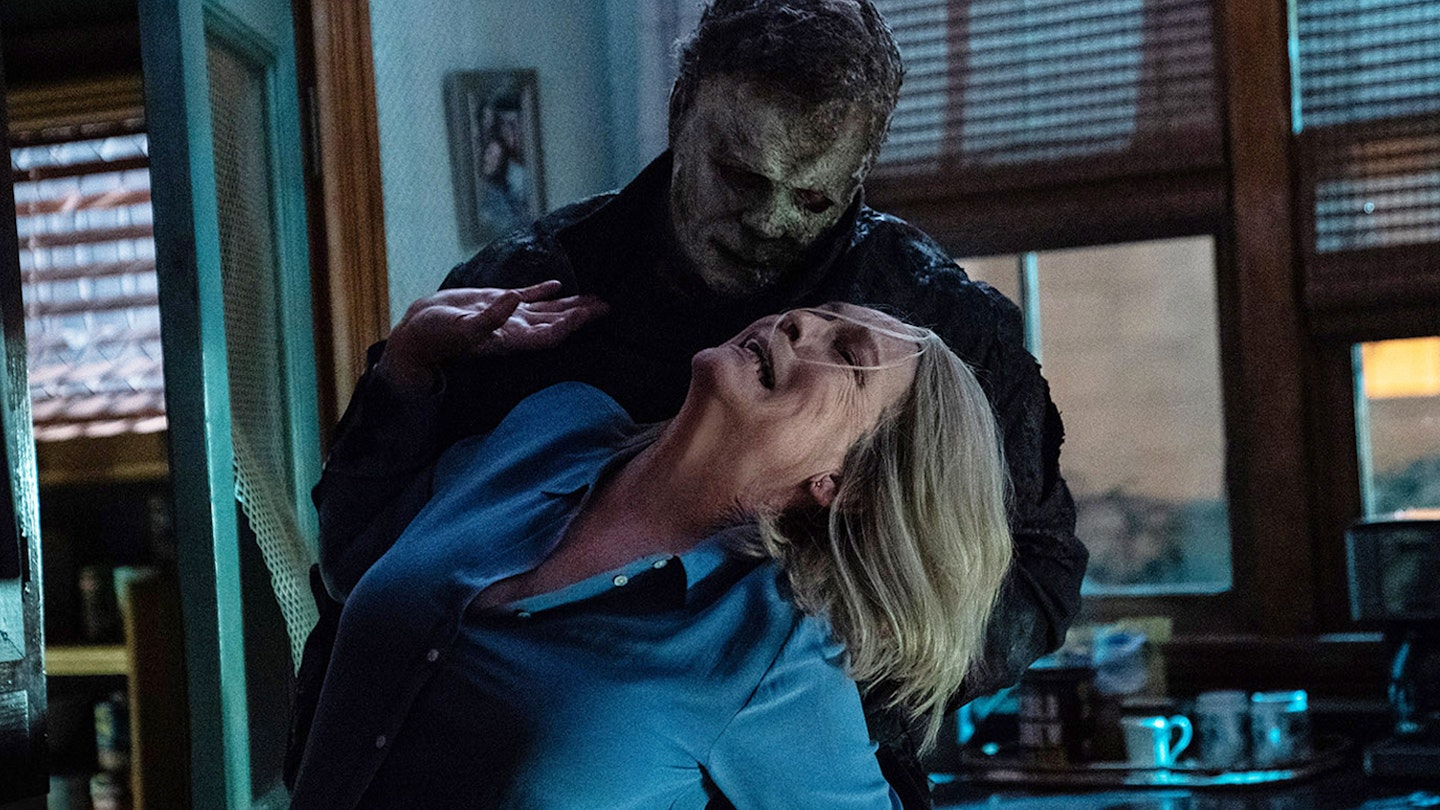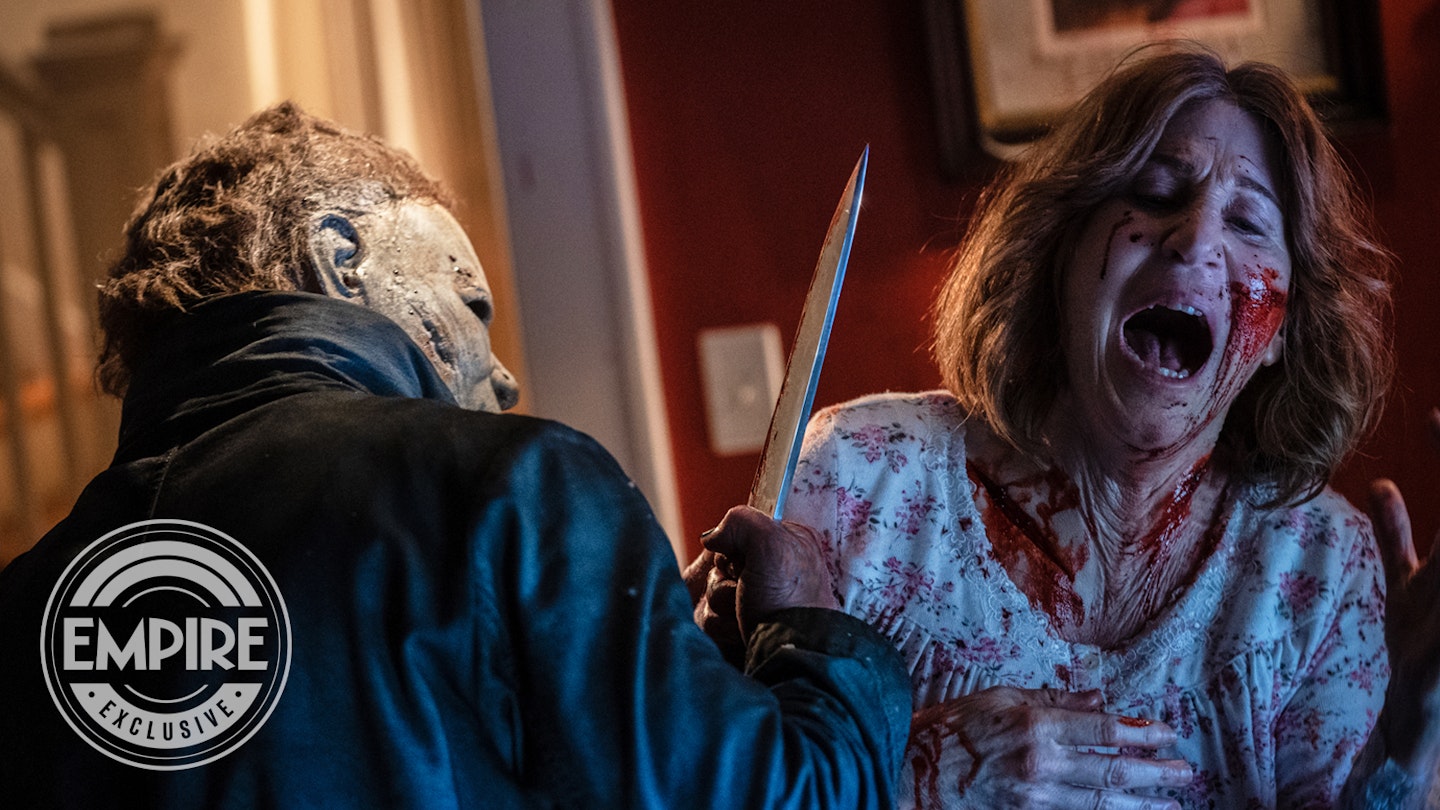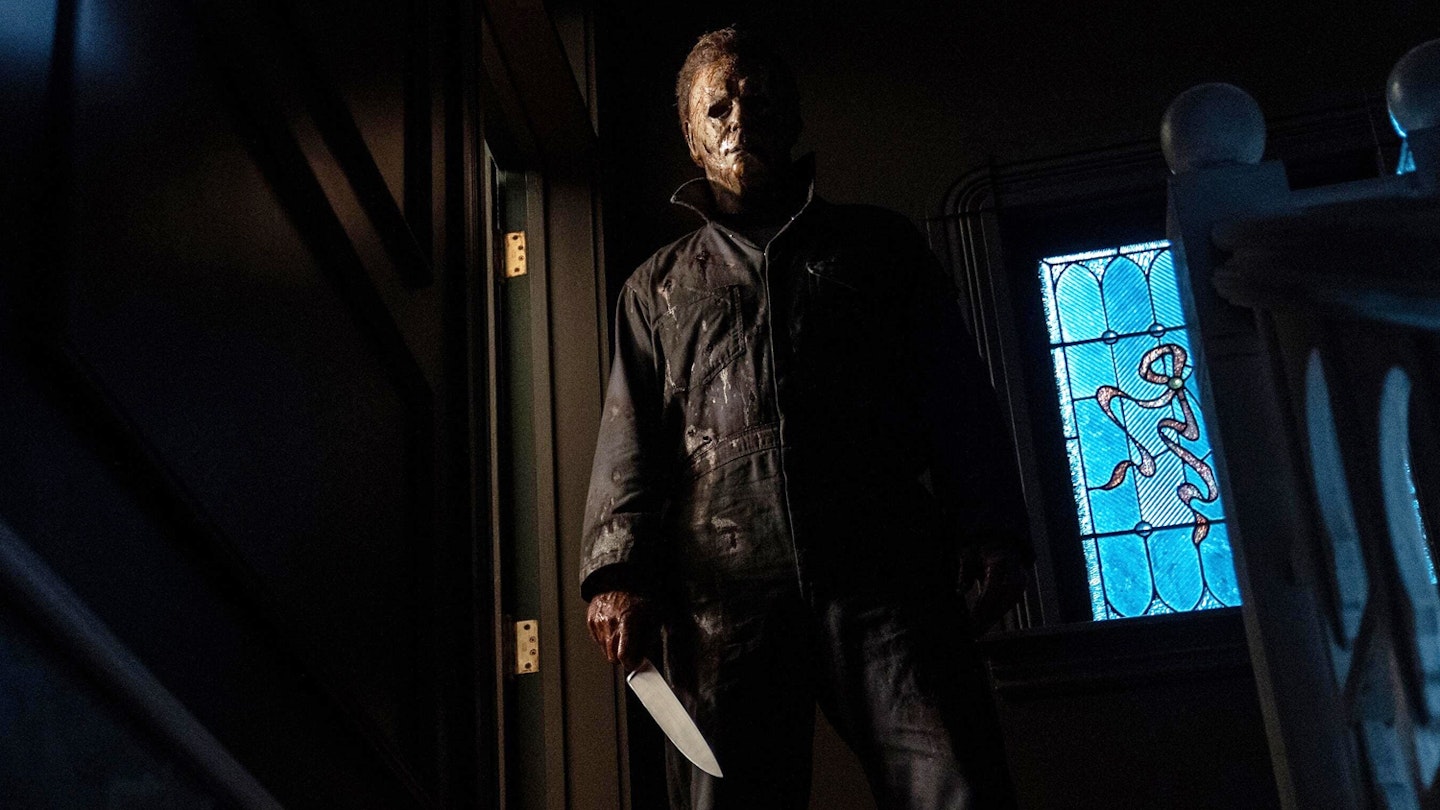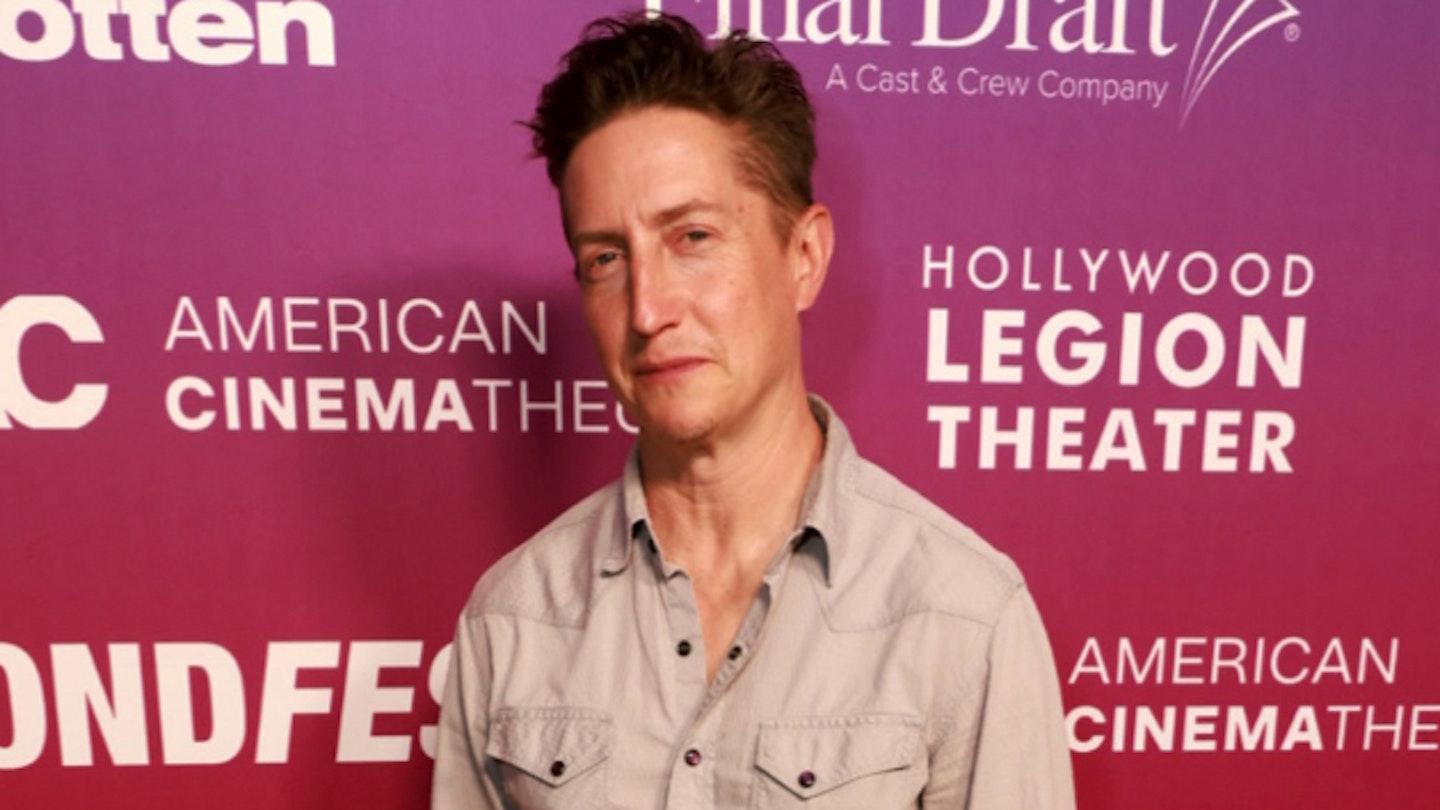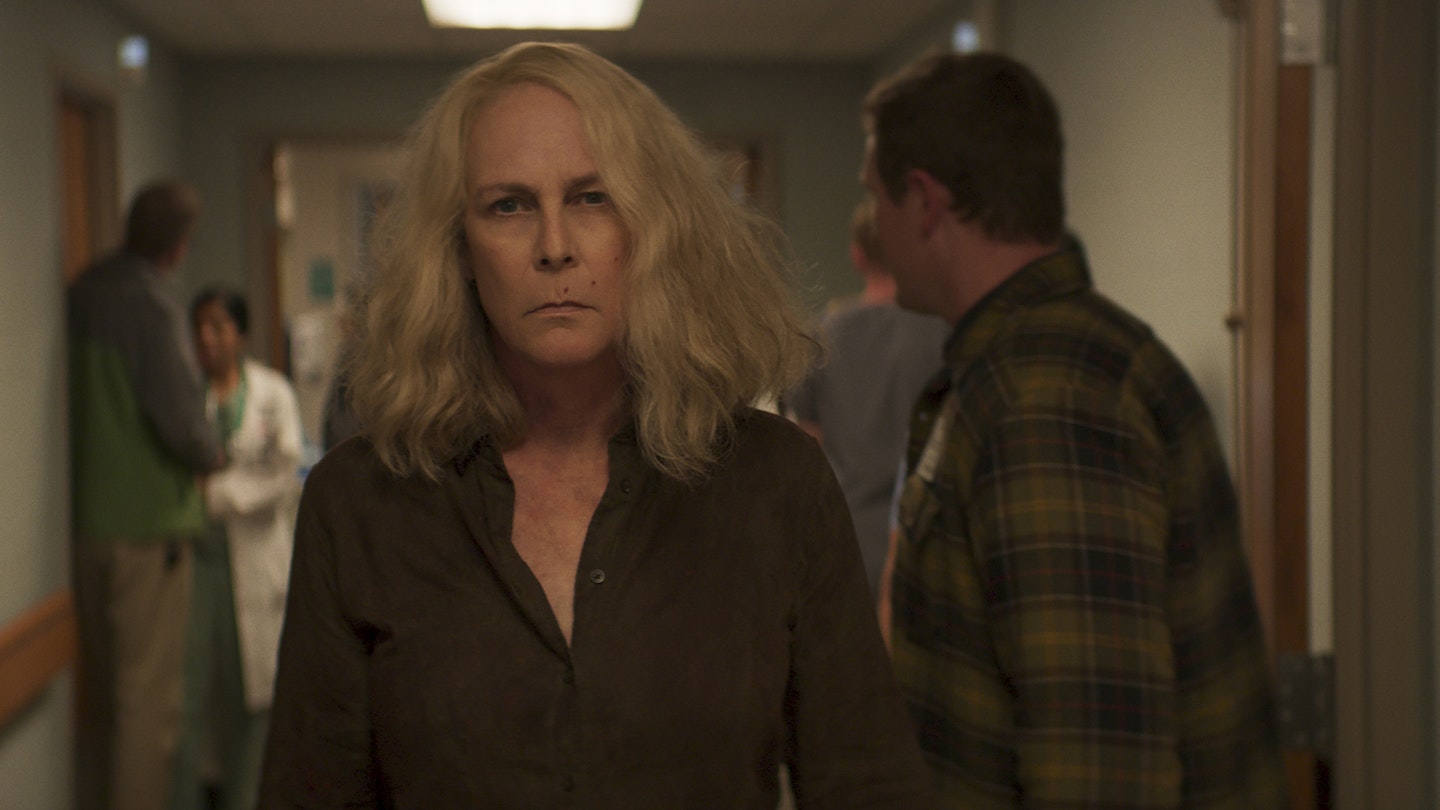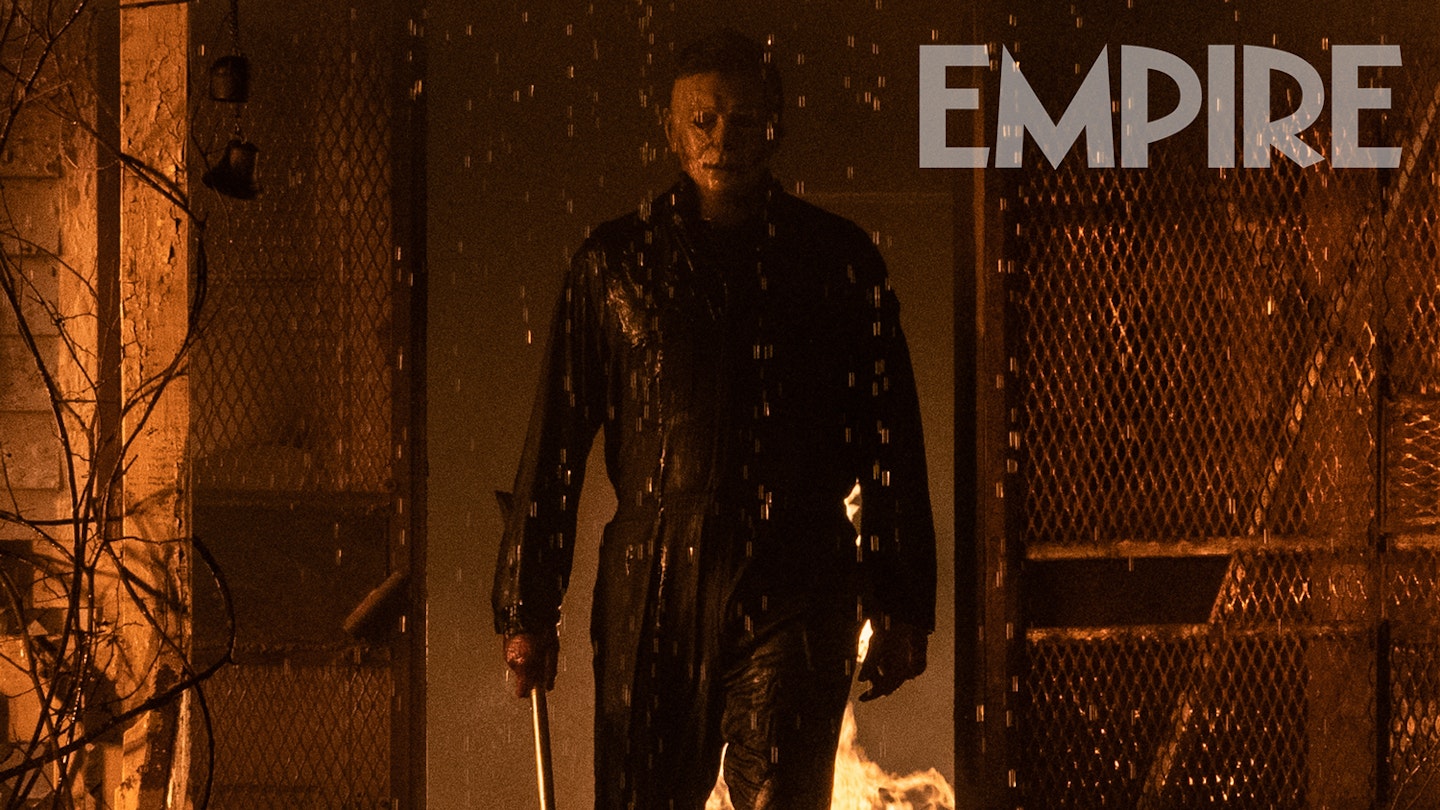“Evil dies tonight!” shout the stoked-up Haddonfield residents as they take up arms — at one point there is a literal pitchfork — to track down boogeyman incarnate Michael Myers. Unfortunately, evil isn’t the only thing dying in David Gordon Green’s film, the 12th instalment in the series and a follow-up to his 2018 Halloween. Also stumbling to a shallow grave are logical behaviour, winning characters, tension, style and any understanding of what makes John Carpenter’s 1978 classic so special.
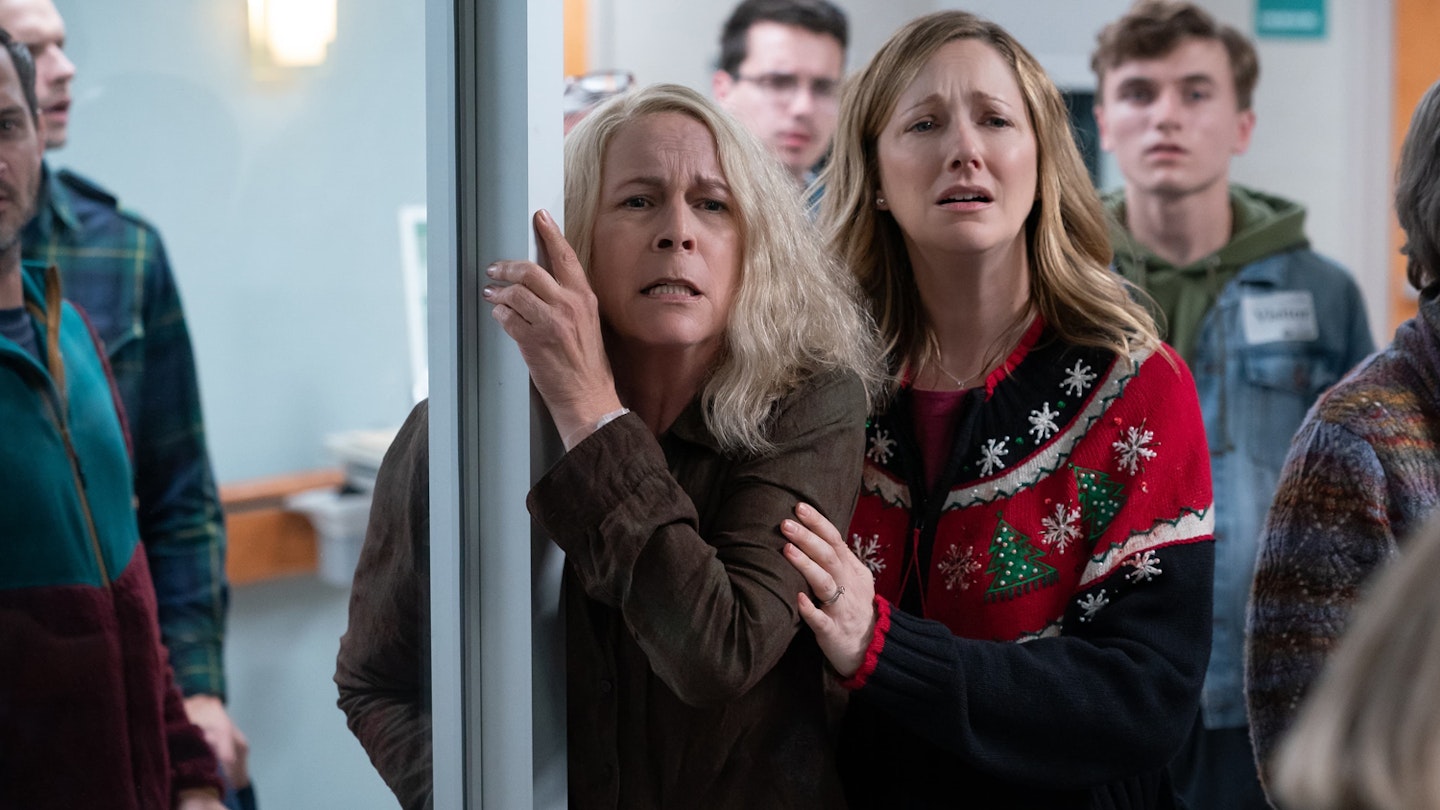
Halloween Kills picks up moments after Green’s 2018 incarnation ends, with Myers surviving being burnt to a crisp by Laurie Strode (Jamie Lee Curtis). Laurie, bleeding profusely, is being taken to hospital by her daughter Karen (Judy Greer) and granddaughter Allyson (Andi Matichak). It’s at this point that the hospital, for no reason whatsoever, becomes a focal point for the town to congregate and begin a frankly piss-poor manhunt to take Myers down.
_Halloween Kills_ bends conventions to breaking point, making it impossible to root for any of the dumbass victims.
The plot divides into two, with Myers picking off victims at will and a mob (led by ex-Brat Packer Anthony Michael Hall) growing increasingly angry and spending an inordinate amount of screen-time running up stairs. Green and co-writers Danny McBride and Scott Teems are circling an idea that our response to serial killers can make monsters of all of us. It’s just a shame they deliver the notion with a sledge hammer.
Elsewhere Myers is going about his business offing townsfolk but with zero sense of surprise or suspense. There are no red herrings or sleight of hand: when there is a creak in the floorboards, a figure in the playground or a presence in the empty back seat of a car, you can bet it’s Michael Myers. Perhaps worst of all, when he is confronted by a group of firefighters with water hoses and axes, Myers turns into a one-man-army in a boiler suit, Jason Bourne with a plastic mask. It’s a genre staple, even expectation, that people will behave stupidly in a horror film, but Halloween Kills bends the convention to breaking point, making it impossible to root for or care about any of the dumbass victims.
Some flashbacks to 1978 capture the texture of the original — there are a couple of inventive kills (including a terrific accidental one) and that theme always rocks — but, perhaps the biggest problem of all is that Laurie Strode becomes a bystander in her own story. Laid up in hospital, there is a (laughable) moment where she stabs herself with morphine to numb her pain, yet still she fails to enter the action. Not utilising both Curtis’ skill and her character’s intense baked-in relationship with her nemesis seems like a dropped ball, just one more way Green’s film goes awry. As Alan Partridge might put it: stop getting Halloween wrong.
